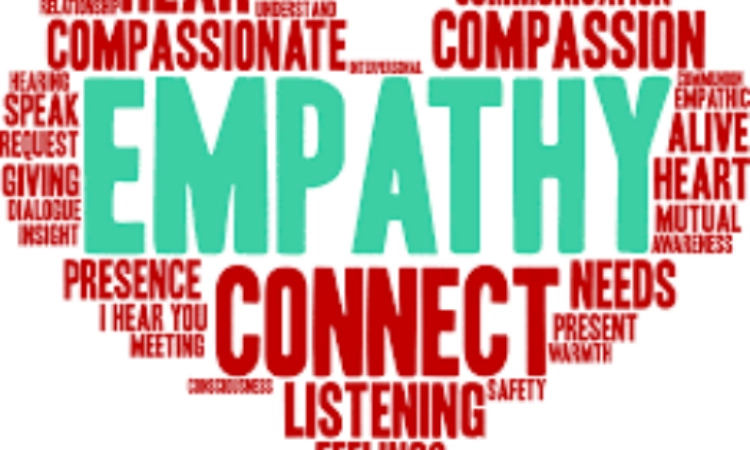I want you to think about something. What is something you do well at work, but you’re not so great at doing at home or in your personal life? It could be one thing, or many things. Does it have to do with your patience? Or how and what you prioritize? How do you forge positive relationships and maintain them? Your ability to organize information and make choices? What about how good you are at being aware of your reactions and how they may affect other people? Not all the skills we have as adults and practice in the workplace transfer to our personal lives. Ever wonder why that is?
Now, I want you to think about yourself as a kid. Who taught you the benefits of deep breathing when you found yourself in a stressful situation? When did you learn that being aware of your emotions could help you change your interactions with other people? How old were you when you realized that how you see yourself in the world affects how other people see you, too? Many people figure these things out during early adulthood – the “hard way,” likely with some consequences. People say, “but that’s how you learn.” I’m asking, “but should it be?” Think about it. What if you had some basic knowledge about these things before having to manage the aftereffects? For some, these “consequences” might not feel like a big deal. For example, maybe you got “so stressed out” the night before an exam and overslept the next morning. Or maybe you “broke up” with your significant other and were late to work the next day because you’re emotionally drained from the night before. For others, these “consequences” can be life changing. For example, maybe you had “one too many” drinks after “blowing off steam” with friends after a stressful day at work, and on your way home, you get stopped by a police officer. Or maybe you crash and end up seriously injuring yourself, someone else, or even killing them. No matter what the consequences were, you have made choices that day and every day since then that have affected the outcomes you live with today.
Maybe you’re thinking, “Yeah? So what?” Or maybe you’re thinking, “Yeah, but that’s life.” Again, I’m asking “but should it be?” Do we have to accept that for our kids? Does their social and emotional learning have to come at a potentially high cost, too? That “cost” also affects our mental and emotional health and well-being, our physical health, and our environment. More and more people are experiencing mental health issues, having physical ailments at younger ages, and gun violence and school shootings are becoming more frequent. What can you do about it? Help prevent it. This article isn’t about the “solutions” to these problems by changing healthcare or gun safety. This article is about how we can help our children have the social and emotional resources to decrease the potential of experiencing the consequences of poor emotional management, irresponsible decision-making, and awful relationship choices.
Believe it or not, these problems can be prevented. Plenty of research supports how social and emotional learning (SEL) programs have equitably improved social behavior, academic success, and economic outcomes, and it has decreased conduct problems, emotional distress, and risky behaviors such as drug use (Belfield et al., 2015; Dodge et al., 2014; Durlak et al., 2011; Jones, Greenberg, & Crowley, 2015; Jones et al., 2017; Taylor et al., 2017). So why are only some schools implementing SEL curriculum and strategies? And for the schools that do use SEL, why aren’t most of them encouraging parents to use SEL strategies at home? Wouldn’t it make sense to practice emotional awareness and management, responsible decision-making, and positive relationship interactions at both school and at home? If you learned how to be aware of your thoughts, emotions, and behavior during childhood, how do you think that might have impacted your life? Wouldn’t it be easier for you to transfer your skills from work to your personal life if they were simply part of your personality and how you approach life in general? Do you want to give your kid(s) the opportunity to be better prepared for adulthood? Click here to get free access to SEL programming online.
Ani Gisnarian, Psy.D., Psychology Education Consultant, The Mind Sync
References
Belfield, C., Bowden, A., Klapp, A., Levin, H., Shand, R., & Zander, S. (2015). The Economic Value of Social and Emotional Learning. Journal of Benefit-Cost Analysis, 6(3), 508-544. doi:10.1017/bca.2015.55
Dodge, K. A., Bierman, K. L., Coie, J. D., Greenberg, M. T., Lochman, J. E., McMahon, R. J., & Pinderhughes, E. E. (2015). Impact of early intervention on psychopathology, crime, and well-being at age 25. American Journal of Psychiatry, 172(1), 59-70. https://doi.org/10.1176/appi.ajp.2014.13060786
Durlak, J. A., Weissberg, R. P., Dymnicki, A. B., Taylor, R. D., & Schellinger, K. B. (2011). The impact of enhancing students' social and emotional learning: a meta-analysis of school-based universal interventions. Child development, 82(1), 405–432. https://doi.org/10.1111/j.1467-8624.2010.01564.x
Jones, D. E., Greenberg, M., & Crowley, M. (2015). Early Social-Emotional Functioning and Public Health: The Relationship between Kindergarten Social Competence and Future Wellness. American Journal of Public Health, 105, 2283-2290. https://doi.org/10.2105/AJPH.2015.302630
Jones, D. E., Greenberg, M., & Crowley, M. (2015). Early social-emotional functioning and public health: The relationship between kindergarten social competence and future wellness. American Journal of Public Health, 105(11), 2283-2290. Retrieved from chrome-extension://efaidnbmnnnibpcajpcglclefindmkaj/https://edsource.org/wp-content/uploads/2022/08/Improving-Social-Emotional-Skills-in-Childhood-Enhances-Outcomes.pdf
Taylor, R. D., Oberle, E., Durlak, J. A., & Weissberg, R. P. (2017). Promoting Positive Youth Development Through School-Based Social and Emotional Learning Interventions: A Meta-Analysis of Follow-Up Effects. Child development, 88(4), 1156–1171. https://doi.org/10.1111/cdev.12864

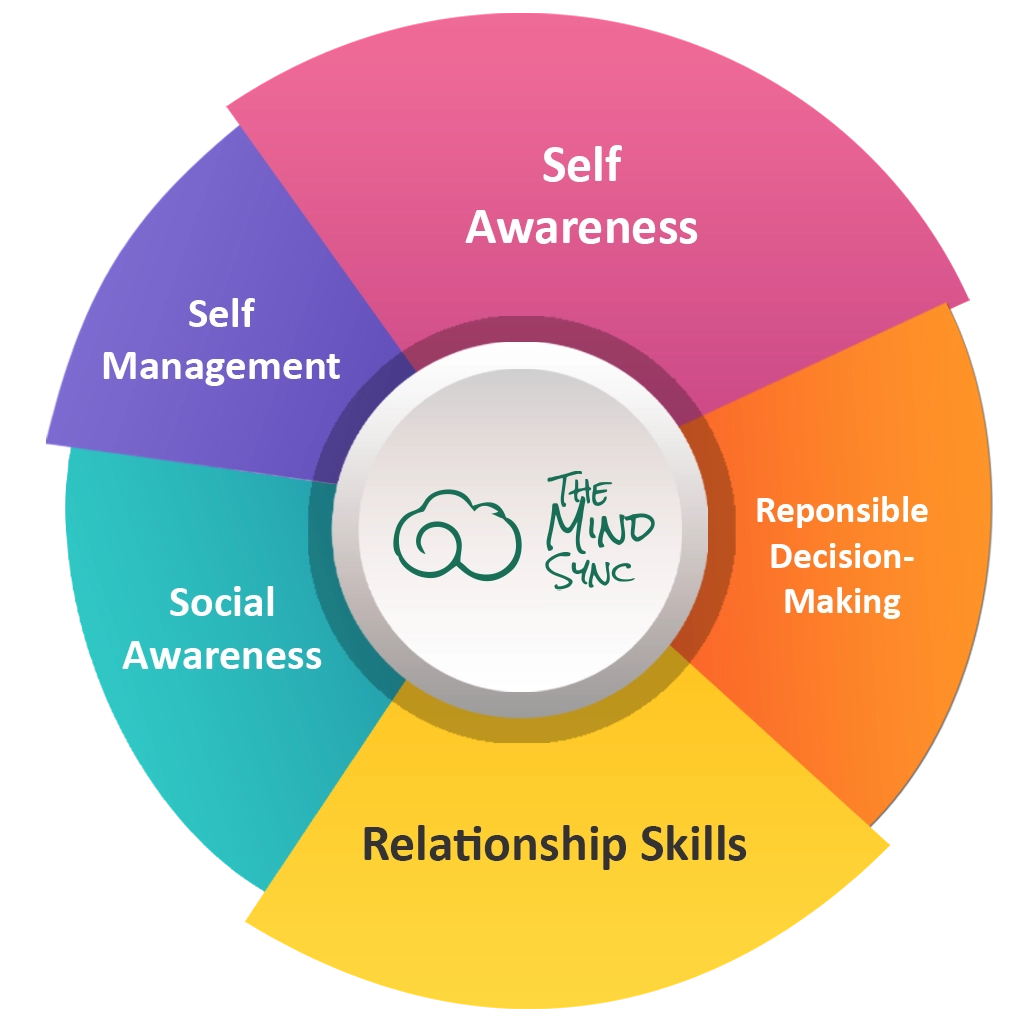

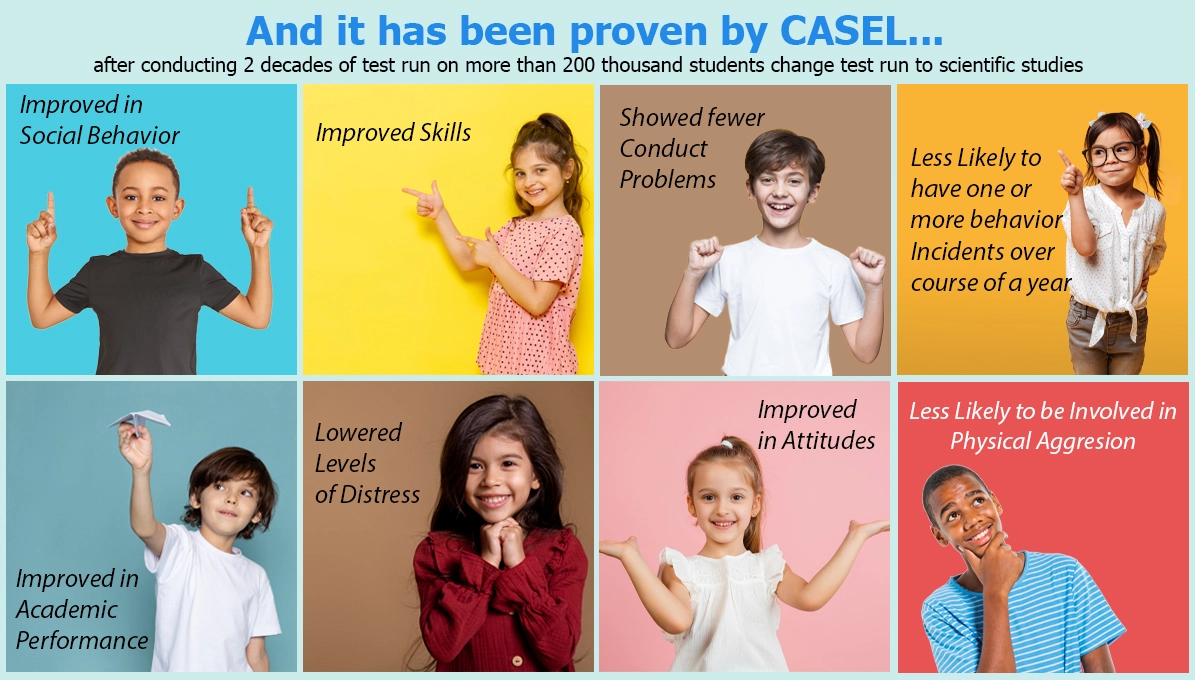
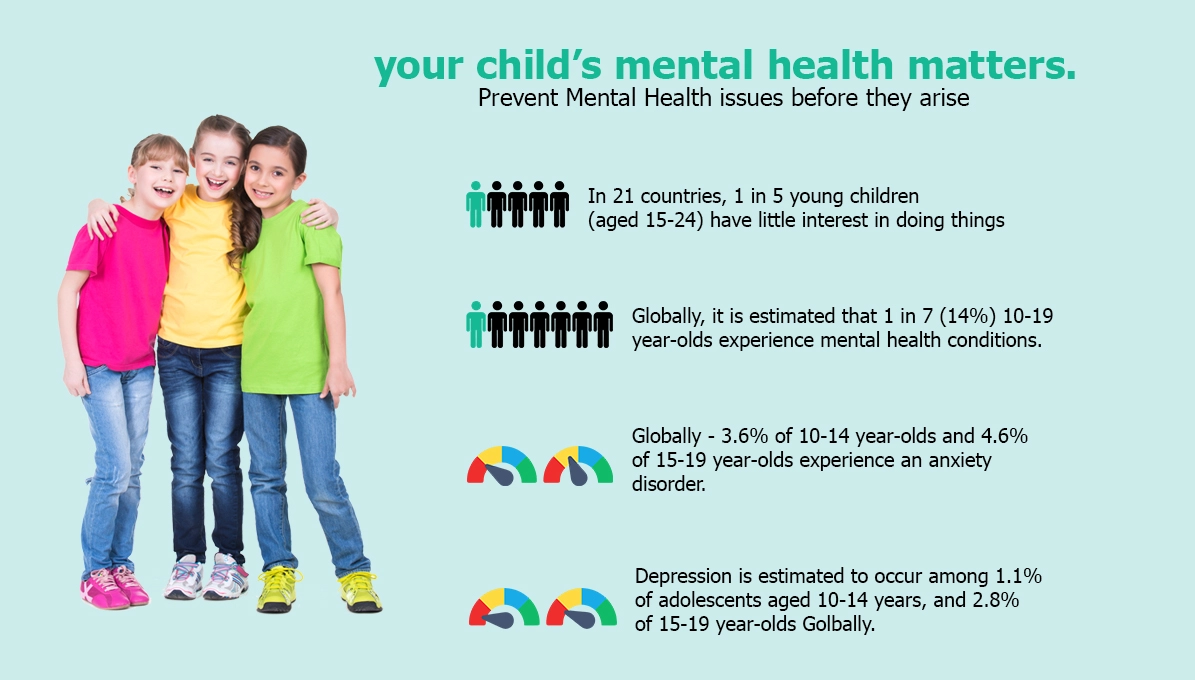
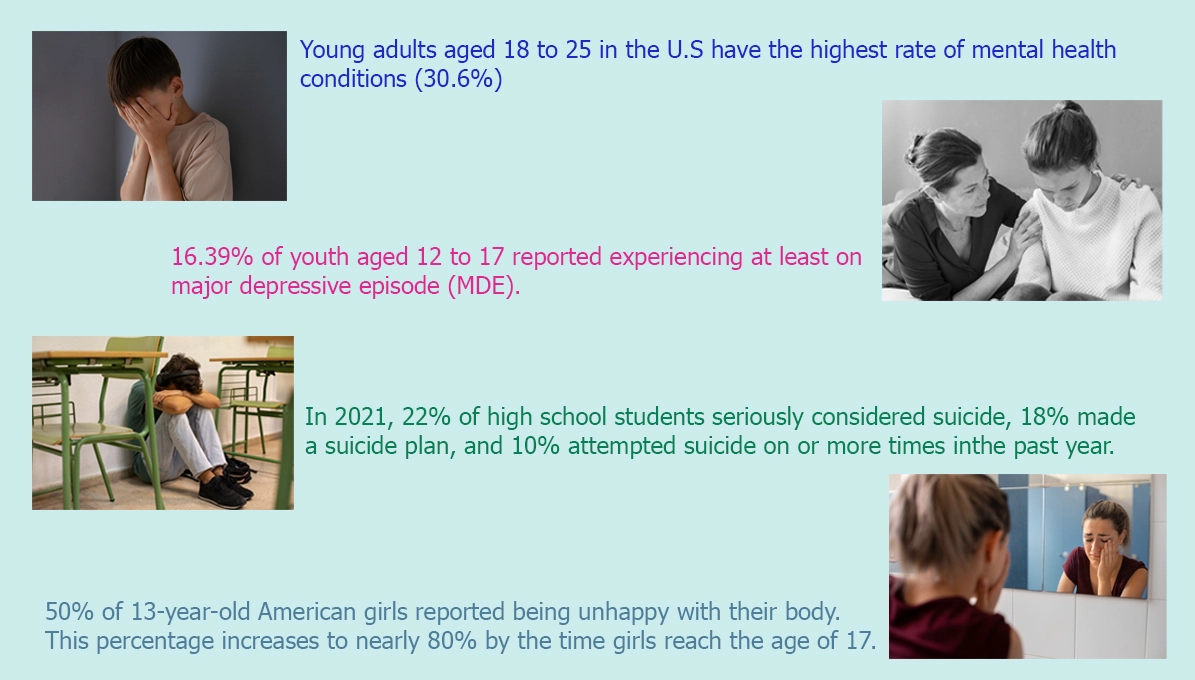
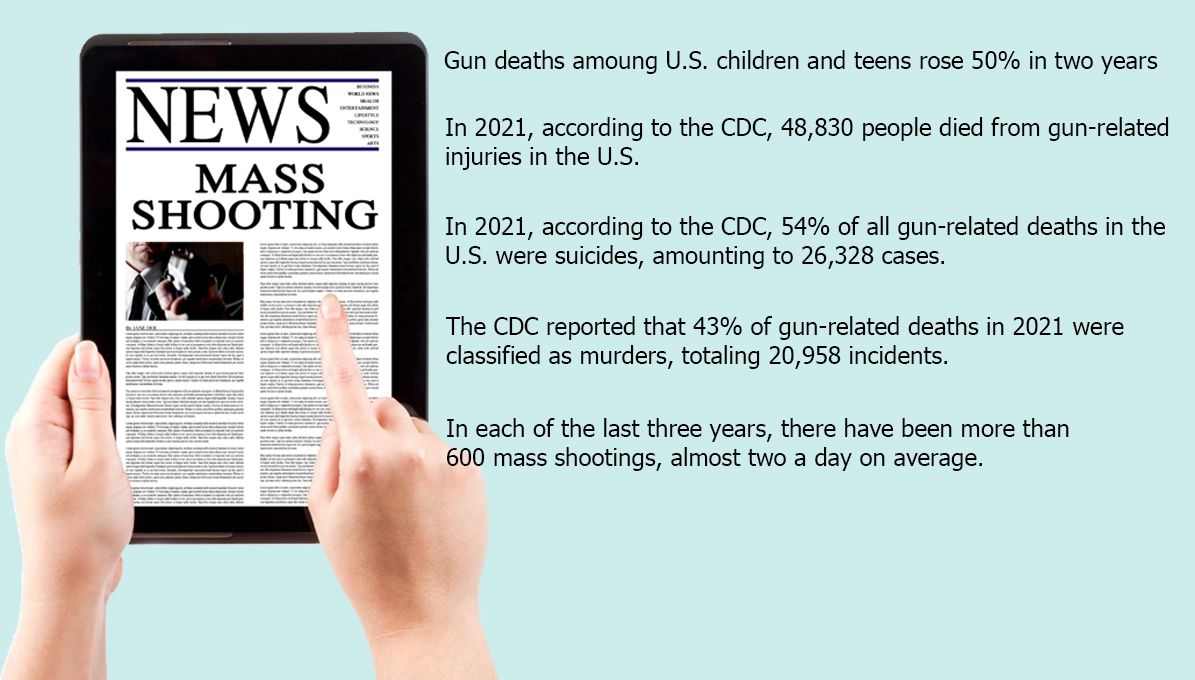







.webp)
.webp)
.webp)
.webp)
.webp)
.webp)
.webp)
.webp)
.webp)
.webp)
.webp)
.webp)
.webp)
.webp)
.jpg)


.jpg)
.jpg)
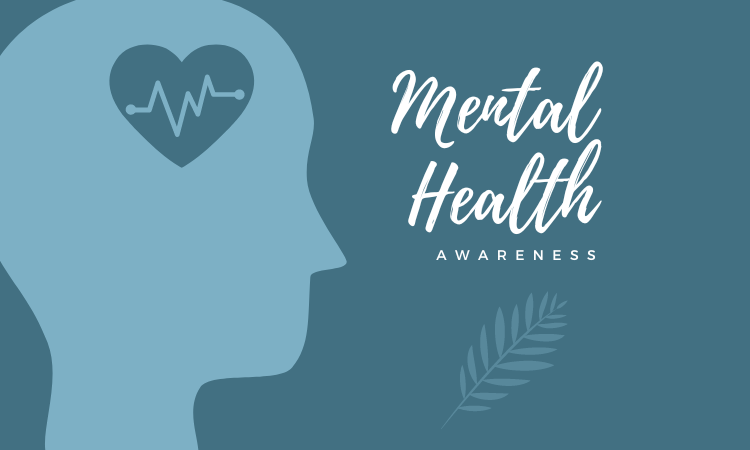
.png)
.png)
.png)
.png)
.png)
.png)
.jpg)
